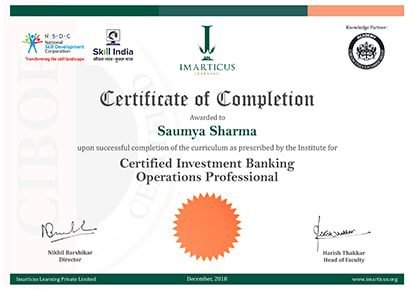Credit risk may vary differently depending on the type and amount of credit, but now there are new methods to assess it. Artificial intelligence models are the next step up from traditional scoring systems and offer a more nuanced look at your customers.
The use of AI models for credit risk assessment has been on the rise in recent years. It’s easy to see, unlike traditional scoring systems, these models provide a more nuanced view of customers and their financial history.
With this information, you can ensure that reliable data will back any loans or other financial products offered.
This article helps you to understand AI-based credit scoring models and how they help make your business more profitable.
AI-based credit scoring model:
It is about improving the transparency of credit through increased access to information, higher credit standards, and improved risk assessment.
The big contribution of the AI-based credit score model is not only figuring out people’s real identity or whether they are eligible for loans. Instead, it changes the old idea that people who make more money could easily get a loan.
The model evaluates borrowers not by personal income levels but by risk factors, including employment history, credit report, assets, and liabilities.
This way, when making decisions about an individual’s eligibility for loans without lessening the effect on others in society.
Consumers can be evaluated according to their implications rather than just their income level- thus decreasing the incidence of the poverty cycle.
Benefits of integrating AI credit risk assessment model
AI is fast, smart, and efficient at making decisions without any biases or emotions getting involved. This means you can make more informed financial decisions based on scale data from the entire population.
AI-based solutions transform credit scoring in several ways. Involving such a model can help the financial institutions as follows:
- With the support of the AI credit score model, financial institutions can learn about their customer’s financial behavior based on historical data and potential income forecasting. Such analyses help the institutions to sell their credit plans to the right category of clients.
- AI model offers greater speed without compromising quality or precision. The lending decision is much easier than traditional methods where banks used to apply decision trees, regression, and complicated arithmetic analyses to generate the client’s credit score.
- AI smart applications are available to check the customer’s creditworthiness and maximum credit limit.
- It has allowed the banks to increase the customers’ lifetime value by engaging with them continuously and intelligently to strengthen each relationship across diverse products and services.
- Increased profits due to efficient targeting of low-risk loans. Both economic and efficiency terms benefit from reduced bankruptcy rates.
Learn more with Imarticus Learning:
Imarticus Learning presents credit risk management courses that help to understand India’s credit landscape and the entire loan assessment process.
Our Credit Risk Management Course USPs:
- Quality learning experience through learning pedagogy consists of 145 hours of live lectures.
- The comprehensive credit risk management courses strongly emphasize the digital innovation that is disrupting the lending space.
- Helping to build a career in banks, NBFCs, and start-ups through resume enhancing workshops, interview preparation sessions, and mentorship.
- Holistic, well-rounded, and practical curriculum designed and delivered in collaboration with Moody’s Analytics.
For further details, contact us through the Live Chat Support system or visit our training centers in Mumbai, Thane, Pune, Chennai, Bengaluru, Delhi, and Gurgaon.




 For many working professionals, staying current with their continuing education and professional development can be challenging because of limited time at home.
For many working professionals, staying current with their continuing education and professional development can be challenging because of limited time at home.

 If a country experiences a fiscal deficit (expenditures are more than revenue), it will also hamper the continuity of businesses.
If a country experiences a fiscal deficit (expenditures are more than revenue), it will also hamper the continuity of businesses. It is a type of chartered financial analyst course that is self-paced and tech-aided. You will also be eligible for the placement assistance provided by Imarticus towards the end of the financial analysis course. Imarticus has successfully helped around 2400 enthusiasts to build their careers with their courses.
It is a type of chartered financial analyst course that is self-paced and tech-aided. You will also be eligible for the placement assistance provided by Imarticus towards the end of the financial analysis course. Imarticus has successfully helped around 2400 enthusiasts to build their careers with their courses.
 Function Of Investment Banking Operations
Function Of Investment Banking Operations If a classroom environment seems uncomfortable in the post-Covid world then you can also consider this online
If a classroom environment seems uncomfortable in the post-Covid world then you can also consider this online 
 The journey begins with upskilling oneself to suit the requirements of an investment banking operations career.
The journey begins with upskilling oneself to suit the requirements of an investment banking operations career.

